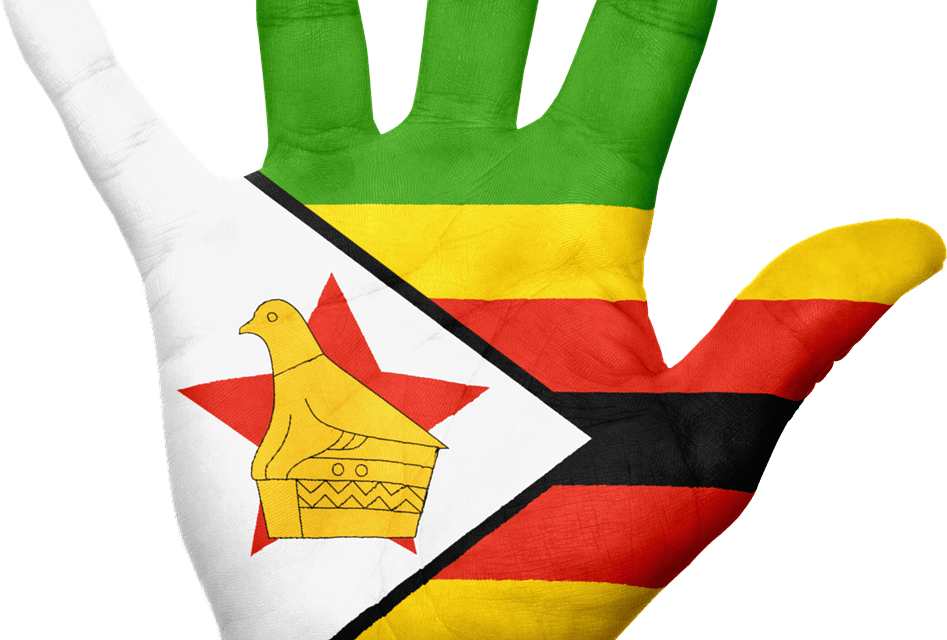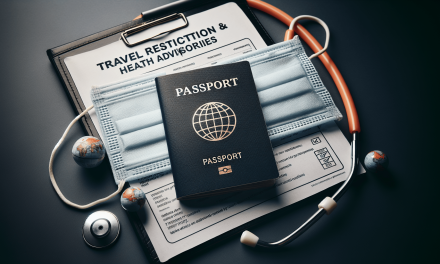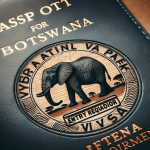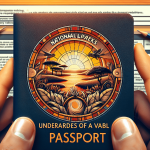So, you’ve booked your trip to Zimbabwe and you’re ready to explore all the wonders this beautiful country has to offer. But amidst all the excitement, there’s one question lingering in your mind: what is the tipping etiquette in Zimbabwe? Well, fret no more, because we’re here to fill you in on all the details. Whether you’re dining at a local restaurant, staying at a hotel, or receiving exceptional service from a tour guide, we’ve got you covered. It’s time to navigate the world of tipping in Zimbabwe like a pro.
Understanding the Culture of Tipping
Tipping as a cultural norm
Tipping is a common practice in many countries, and Zimbabwe is no exception. It is a cultural norm to leave a tip as a gesture of appreciation for good service. Tipping is seen as a way to acknowledge the effort and hard work of individuals in the service industry. It is not mandatory but is widely expected and appreciated.
Tipping as a gesture of appreciation
Tipping goes beyond just the monetary value. It is a way to show gratitude and appreciation for the service provided. By leaving a tip, you are acknowledging the effort and skill of the person who served you. It is a small act that can make a big difference in someone’s day and can help support individuals in the service industry.
Typical Tipping Practices in Zimbabwe
Restaurants and cafes
In restaurants and cafes, it is customary to leave a tip of around 10-15% of the total bill. However, some establishments may include a service charge, so it’s important to check the bill before tipping. If the service charge is already included, an additional tip is not necessary but is still appreciated for exceptional service.
Hotels and accommodations
When staying at a hotel or other accommodations in Zimbabwe, tipping is expected for the various staff members who assist you during your stay. This includes porters, housekeeping staff, and concierge services. It is customary to tip around $1-2 per day for each staff member. Additionally, if a doorman or bellboy assists with transporting your luggage, a small tip of $1-2 per bag is customary.
Tour guides and drivers
For tour guides and drivers who provide services during your stay, it is customary to tip around $5-10 per day, depending on the level of service and duration of the tour. If you are part of a larger group, you can pool together and give a collective tip to be shared among the guides and drivers.
Taxis and transportation
In Zimbabwe, it is not common to tip taxi drivers. However, if the driver provides exceptional service or goes above and beyond, a small tip of around 10% of the fare is appreciated. It is important to note that tipping is not mandatory, and the decision to tip is entirely up to you.
Porters and hotel staff
When using porters or hotel staff for assistance with luggage or other services, it is customary to tip around $1-2 per bag or service. This applies to both arrival and departure. It is a way to show appreciation for their help and assistance.
Spa and salon services
In spas and salons, it is customary to leave a tip of around 10-15% of the total bill. This applies to services such as massages, facials, haircuts, and other treatments. If the service charge is already included in the bill, additional tipping is not necessary.

Recommended Tipping Amounts
Restaurants and cafes
A recommended tipping amount for restaurants and cafes in Zimbabwe is around 10-15% of the total bill. This can vary depending on the level of service provided and your satisfaction with the experience.
Hotels and accommodations
For hotels and accommodations, a recommended tipping amount is around $1-2 per day for each staff member who assists you during your stay. Additionally, a small tip of $1-2 per bag is customary for doormen or bellboys who help with luggage.
Tour guides and drivers
When tipping tour guides and drivers, a recommended amount is around $5-10 per day, depending on the level of service and duration of the tour. If you are part of a larger group, you can pool together and give a collective tip to be shared among the guides and drivers.
Taxis and transportation
While tipping taxi drivers is not common in Zimbabwe, if the driver provides exceptional service or goes above and beyond, a small tip of around 10% of the fare is appreciated.
Porters and hotel staff
For porters and hotel staff who assist with luggage or other services, a recommended tip is around $1-2 per bag or service, both on arrival and departure.
Spa and salon services
In spas and salons, it is recommended to leave a tip of around 10-15% of the total bill for services such as massages, facials, haircuts, and other treatments.
Factors Influencing Tipping Amounts
Quality of service
The quality of service provided plays a significant role in determining the tipping amount. If you receive exceptional service and have a memorable experience, you may choose to tip more generously. On the other hand, if the service is subpar, you may opt for a smaller tip or no tip at all.
Local custom and expectations
Understanding the local tipping customs and expectations is important when determining the tipping amount. It is helpful to ask locals or do some research beforehand to ensure that your tipping practices align with the local culture.
Type of establishment
The type of establishment can also influence the tipping amount. Higher-end restaurants, hotels, and spas may expect a larger tip compared to more casual establishments. It is always a good idea to gauge the level of service and adjust your tip accordingly.
Length of service
The duration of service provided can also impact the tipping amount. For longer tours or stays, it is common to tip more generously as a way to show appreciation for the extended service.
Personal budget
Personal budget is a factor that should be considered when determining the tipping amount. While it is important to respect the tipping culture and show appreciation, it is equally important to stay within your means. Tipping should be a gesture of gratitude, not a financial burden.

Alternative Ways to Show Appreciation
Giving verbal compliments
One alternative way to show appreciation is by giving verbal compliments. A simple “thank you” or expressing your satisfaction directly to the service provider can go a long way in recognizing their efforts and making them feel valued.
Providing positive online reviews
Another way to show appreciation is by providing positive online reviews. This helps to promote the establishment or service and gives others insight into the quality of service they can expect. It is a way to support the service provider and help them gain more customers.
Showing gratitude through gestures
In addition to tipping, showing gratitude through small gestures can also be appreciated. For example, offering a sincere smile, saying a warm goodbye, or writing a thank-you note can make a lasting impression on the service provider.
When Not to Tip
Poor service experiences
If you have a poor service experience, it is not necessary to leave a tip. Tipping is meant to show appreciation for good service, and if that expectation is not met, it is within your rights to withhold a tip. However, it is important to address any concerns or complaints with the establishment or service provider so that they have the opportunity to improve.
All-inclusive establishments
In some all-inclusive establishments, tips may be included in the overall package. It is important to check with the establishment or review the terms and conditions to see if tipping is already included. If it is, additional tipping may not be necessary, but you can still opt to leave a small tip for exceptional service.
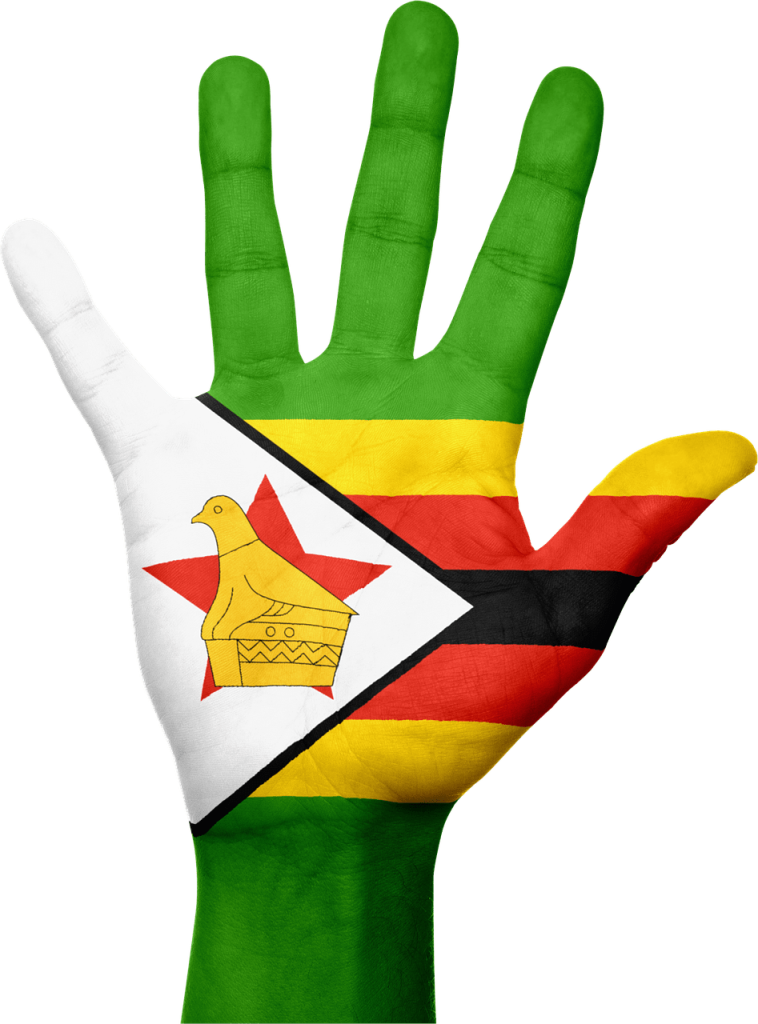
Tipping Etiquette for Different Types of Services
Restaurants and cafes
In restaurants and cafes, it is customary to leave a tip of around 10-15% of the total bill. If a service charge is already included, additional tipping is not necessary but still appreciated for exceptional service.
Hotels and accommodations
When staying at hotels and accommodations, it is customary to tip the staff who assist you during your stay. This includes porters, housekeeping staff, and concierge services. A tip of around $1-2 per day for each staff member is common, along with a small tip of $1-2 per bag for doormen or bellboys.
Tour guides and drivers
For tour guides and drivers, it is customary to tip around $5-10 per day, depending on the level of service and duration of the tour. If you are part of a larger group, a collective tip can be given to be shared among the guides and drivers.
Taxis and transportation
Tipping taxi drivers is not common in Zimbabwe, but if the driver provides exceptional service, a small tip of around 10% of the fare is appreciated. Tipping is not mandatory, and the decision to tip is up to you.
Porters and hotel staff
When using porters or hotel staff for assistance with luggage or other services, it is customary to tip around $1-2 per bag or service, both on arrival and departure. This is a way to show appreciation for their help and assistance.
Spa and salon services
In spas and salons, it is customary to leave a tip of around 10-15% of the total bill for services such as massages, facials, haircuts, and other treatments. If a service charge is already included, additional tipping is not necessary.
Etiquette for Splitting or Sharing Tips
Guidelines for group payments
When traveling with a group and splitting the bill, it is important to have clear communication regarding tipping. Before making the payment, discuss and agree on the tipping amount per person. This ensures that everyone contributes equally and avoids any confusion or misunderstandings.
Handling split payments
In situations where the bill needs to be split among multiple individuals, it is important to calculate the tip separately for each payment. Each individual should calculate their portion of the tip based on their share of the bill.
Navigating Cultural Differences
Adapting to local customs
When visiting Zimbabwe or any foreign country, it is important to adapt to the local customs and tipping practices. Take the time to learn about the local tipping etiquette and adjust your tipping habits accordingly. This shows respect for the local culture and helps create a positive experience for both you and the service providers.
Appreciating differences in tipping norms
Tipping norms can vary widely from one country to another. It is important to appreciate these differences and not compare them directly to your own country’s customs. Each culture has its own unique way of showing appreciation, and by respecting and adapting to these differences, you can have a more enriching travel experience.
Conclusion
Understanding and respecting Zimbabwe’s tipping etiquette is crucial when visiting the country. Tipping is a cultural norm and a gesture of appreciation for good service. By familiarizing yourself with the typical tipping practices and recommended tipping amounts, you can navigate the tipping culture with confidence and show gratitude to the individuals who provide you with exceptional service. Remember, tipping is not just about the monetary value; it is a way to acknowledge the effort and skill of the service providers and make a positive impact on their day.

